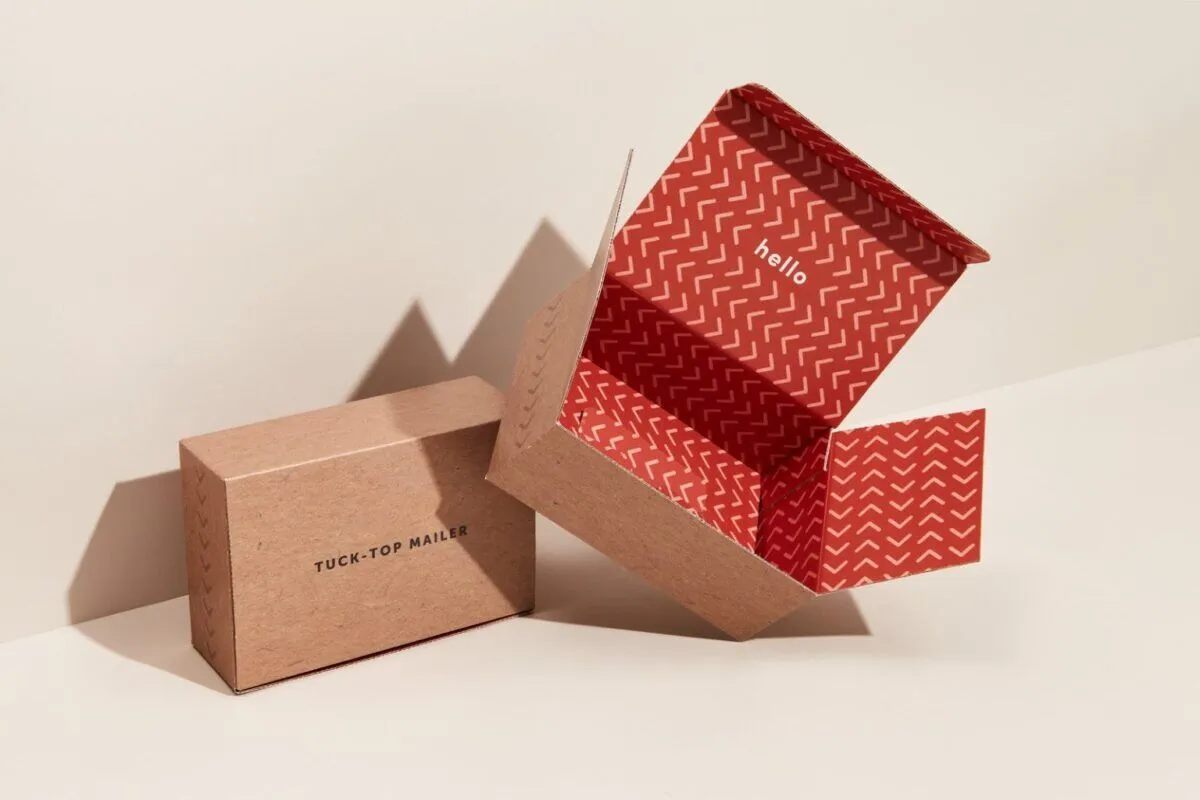Corrugated boxes are ubiquitous in the world of packaging, but what exactly are they, and why are they so widely used? Here’s a closer look at what makes corrugated boxes a staple in shipping and storage:
Definition and Structure: A corrugated box, often simply called a cardboard box, is made from corrugated fiberboard. This material consists of a fluted corrugated sheet sandwiched between two flat linerboards. The fluting provides strength and rigidity, making the boxes durable and resistant to crushing.
Types of Corrugated Boxes:
- Single-Wall: The most common type, consisting of one layer of fluting between two linerboards. Suitable for lightweight to medium-weight items.
- Double-Wall: Contains two layers of fluting for added strength, ideal for heavier items and long-distance shipping.
- Triple-Wall: With three layers of fluting, these boxes are used for extremely heavy or fragile items requiring maximum protection.
Advantages:
- Durability: The corrugated structure provides excellent strength and cushioning, protecting contents from damage.
- Lightweight: Despite their strength, corrugated boxes are relatively lightweight, reducing shipping costs.
- Versatility: Available in various sizes and shapes, they can be customized to fit specific needs.
- Eco-Friendly: Made from recyclable materials, corrugated boxes are environmentally friendly and can be reused and recycled.
Uses: Corrugated boxes are used in numerous industries, including:
- Shipping and Logistics: For transporting goods safely and efficiently.
- Retail Packaging: Providing an attractive and protective packaging solution for products.
- Storage: Used for organizing and storing items in warehouses, homes, and offices.
In conclusion, the corrugated box’s combination of strength, versatility, and eco-friendliness makes it an indispensable tool in packaging and shipping. Whether you’re moving homes or shipping products worldwide, corrugated boxes offer a reliable solution.




